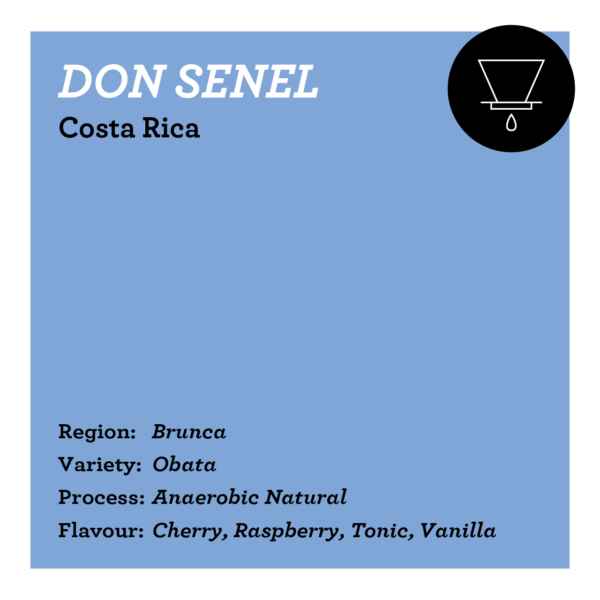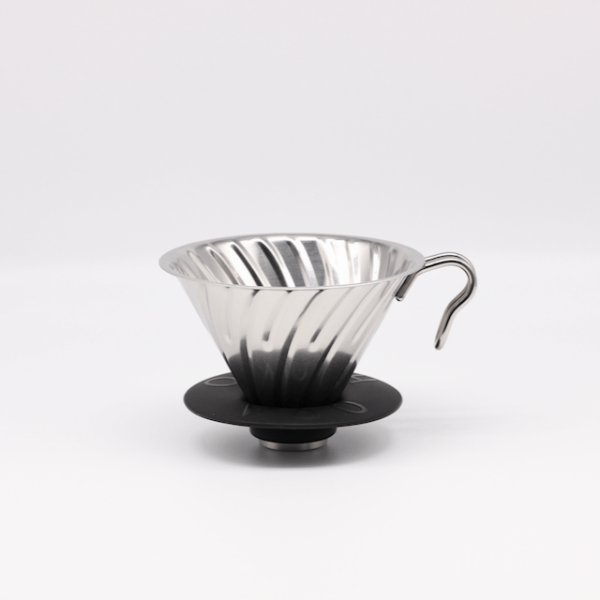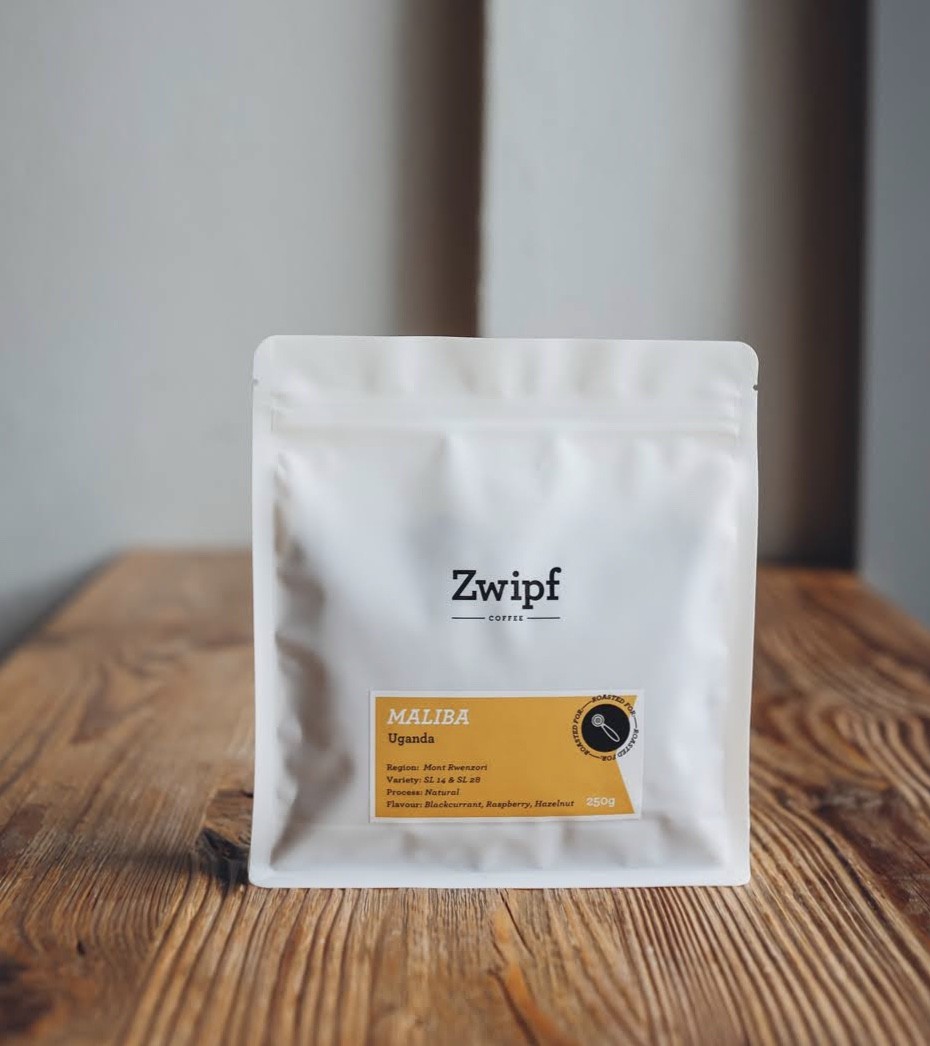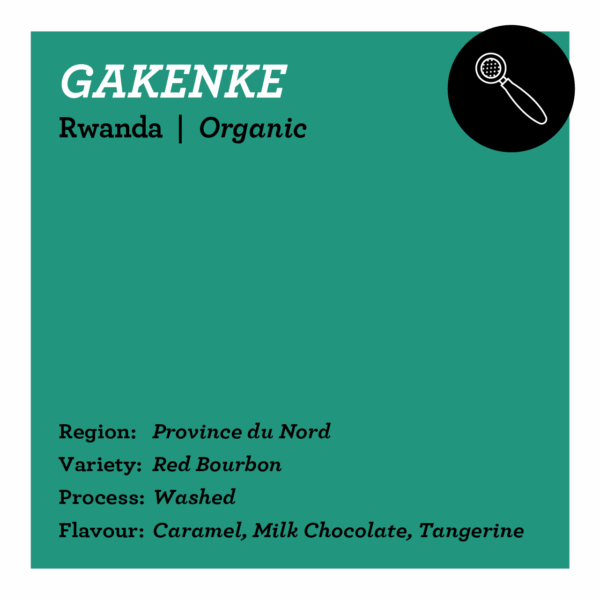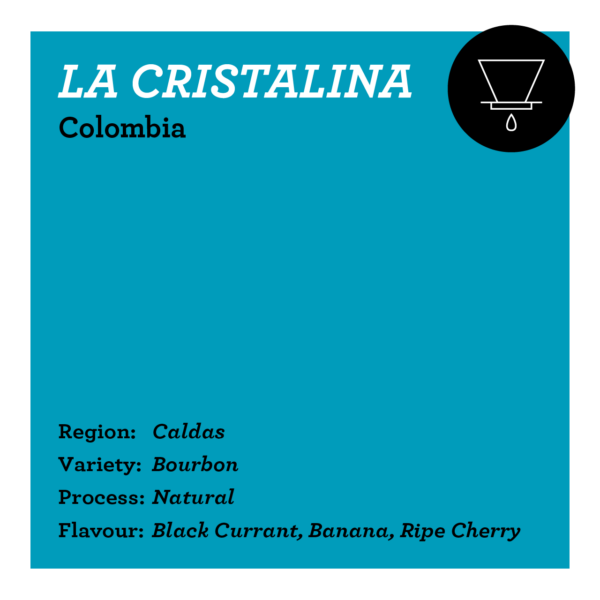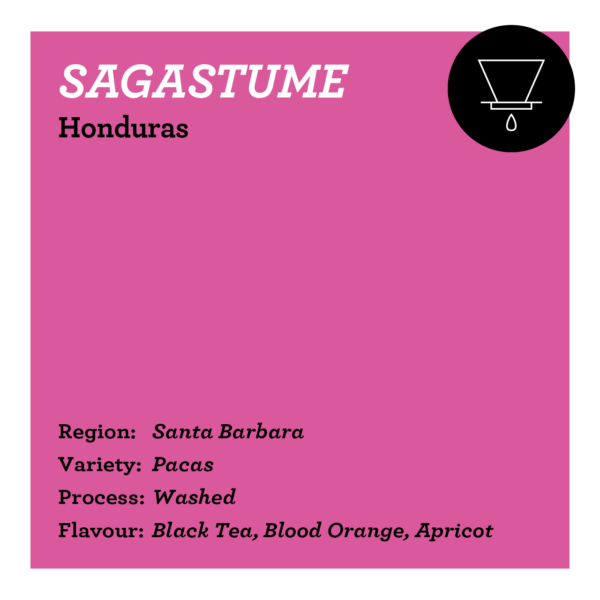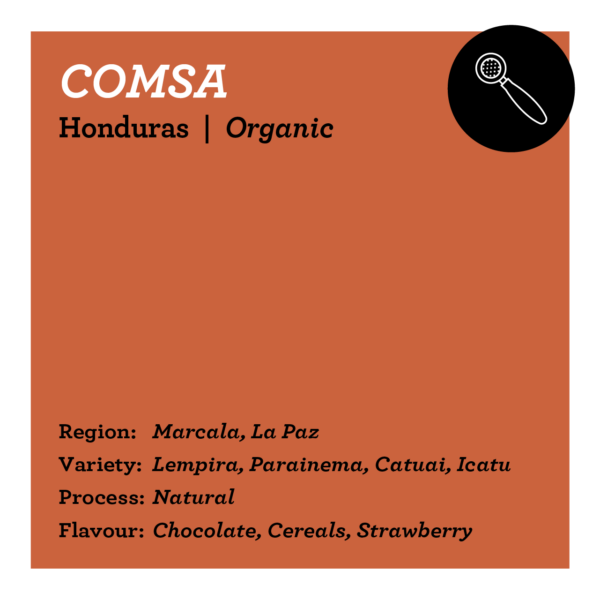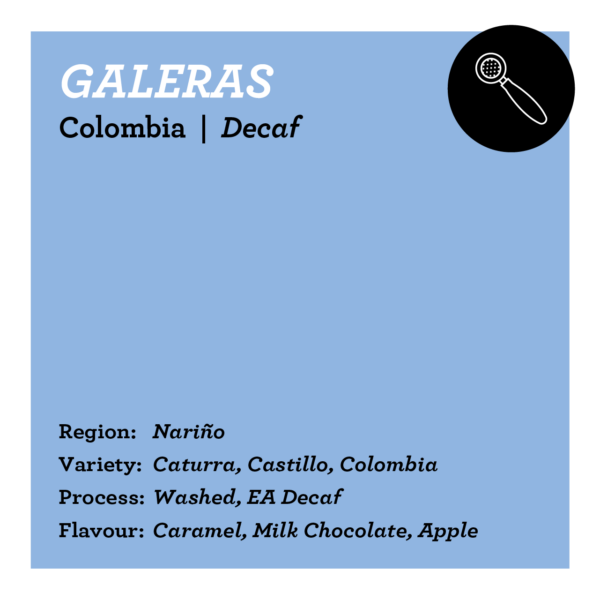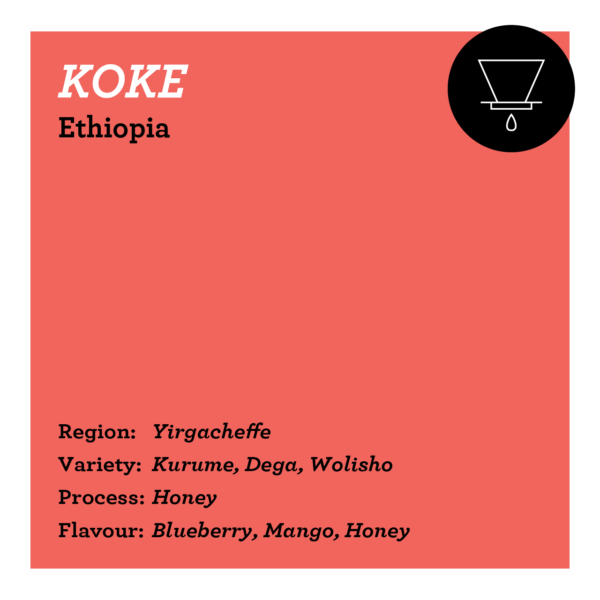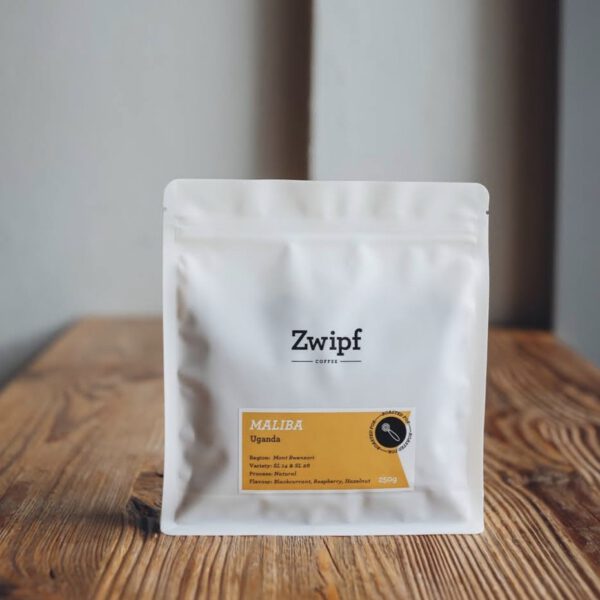This Maliba natural is a blend of SL14 and SL28 varieties produced in the Rwenzori region of Uganda, in the west of the country. This coffee is grown between 1400 and 1900 meters above sea level by 2200 producers. Each of them owns an average of 0.8 acres of land (around 3200 m²) and produces around 1 ton of coffee each year. Between September and December, the perfectly ripe cherries are harvested by hand, before being sold to Agri Evolve, which processes the coffee. The entire harvest is then taken to the Nyabirongo washing station. There, the coffee is dried on the station’s 140 african beds for 3 weeks. To ensure uniform drying, the coffee is regularly stirred by hand. If the weather has not been kind enough for the coffee to dry, it can be finalized in one of the station’s 4 mechanical dryers. The coffee is then pulped. Since its creation in 2015, Agri Evolve has been working with over 15,000 producers in the Rwenzori region, over half of whom are Rain Forest Alliance certified. The company plans to certify over 12,000 producers this year as Rain Forest, representing 80% of the farmers it currently works with, and 1,000 as organic. Agriculture is the major economic activity in the Rwenzori region, where the inhabitants grow coffee as well as cocoa and vanilla. Farmers can count on Agri Evolve to help them diversify their income and sell these additional products. Agri Evolve also runs other field projects, such as tree planting to improve shade for coffee trees, protect them from the often destructive wind and prevent soil erosion in this mountainous region of western Uganda.
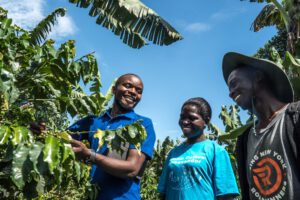
The Maliba terroir is located in Uganda, at an altitude of between 1300 and 1600 meters, and covers an area of 130 km2. Agriculture is the main resource for the inhabitants, who grow coffee as well as vanilla, cocoa, plantains (matooke) and beans. It lies between the steep slopes of the Rwenzori mountains, at the border with the Democratic Republic of Congo, and the Kimbale National Park, the country’s largest chimpanzee sanctuary.
